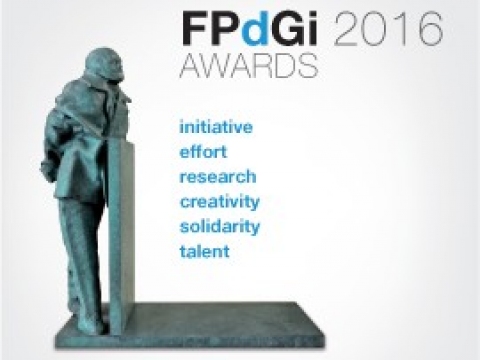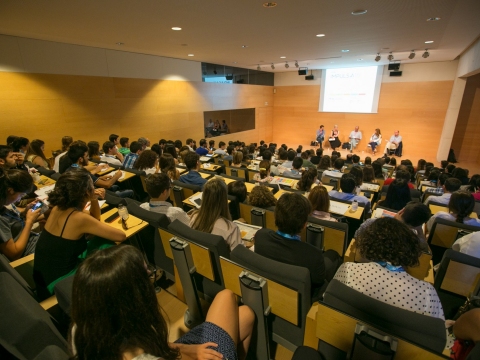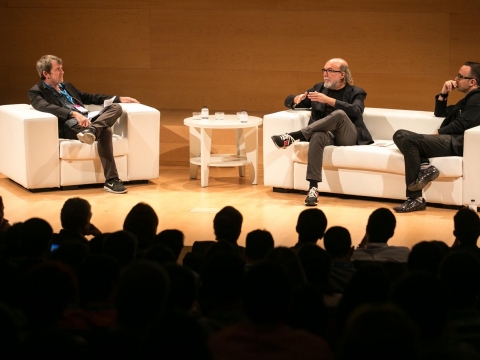We are all seeking meaning in life and what we want to do: there are five basic pillars for giving content to life:
1_ Understanding, which is more than just knowing, understanding how the world works, understanding the bases of science.
2_ Deciding, what needs to be understood and known, and identifying what should be avoided.
3_ Acting.
4_ Feeling.
5_ Sharing.
With the second pillar, deciding, several aspects should be borne in mind:
A. Knowing and uncertainty
_ What we know we know: knowledge and its limits. One must be very aware of essential and basic limits, and of specific limits, which arise for not having studied a given case.
_ Difference between risks, uncertainties, ambiguities and ignorance, based on knowledge of possibilities and probabilities.
_ Biases (confirmation, proximity, centrism). When a scientist is studying something, he or she has a series of expectations of finding the desired result and there is a human tendency to see what we want to see, rather than observing strictly what is there.
_ The pleasure of knowing that we do not know and why. We should distinguish between things we do not know but will know and things we may never know.
B. Deciding
_ Deduction, induction, intuition. When faced with a challenge, intuition operates first. The second part is scientific: all the data, biases, etc., must be known and worked with deductively (determinist) and inductively (non-determinist, with a degree of uncertainty). One then returns to intuition, which is now nourished with a series of data and with scientific analysis, although in the end it is intuition that decides. Problems are so complicated that scientific work alone is not enough; intuition is necessary.
When you need to take a decision, reflect a little before going to sleep. The brain has a very small conscious part, but it does a lot more work, during the night it does a reset and stores some things from during the day and deletes others.
_ The pleasure of deciding. If one is informed, has knowledge and understands, then deciding is the greatest pleasure there is in life. If others decide for us, our contribution is non-existent. There are people who are afraid of taking decisions because they are unaware of all these resources and tools. Establish the conditions to make decision-making a pleasure.
_ Do we really make decisions? Libet did some experiments in which he showed that a third of a second prior to deciding something consciously, the brain has already made up its mind. Conscious decision-making may not exist. This is a major debate but I believe it does not exist.
_ Evaluation and self-evaluation. Be very careful with self-evaluation because we nearly always get it wrong.
When we start seeking the solution to a problem, we understand the problem and perhaps see that it is not really a problem.
_ We learn from wrong decisions. Making mistakes is part of life. We need to know how to laugh at ourselves.
C. Getting it right
_ The importance of non-experts. One needs to listen to normal people and also resort to popular wisdom.
_ Think outside the box and consider possibilities outside established frameworks.
_ Risk dispersion. If you do not want to lose, then it is better to spread out the risks and not to invest in just one option.
D. Conclusion
In life there are unique moments. We should try to make the most of opportunities. If you say you do not want to move away and discover new countries because you want to carry on living where you are and where you have friends, then you are making a mistake. The world is very interesting and there are some magnificent people. You will have the chance to come back in the future.






 Top
Top